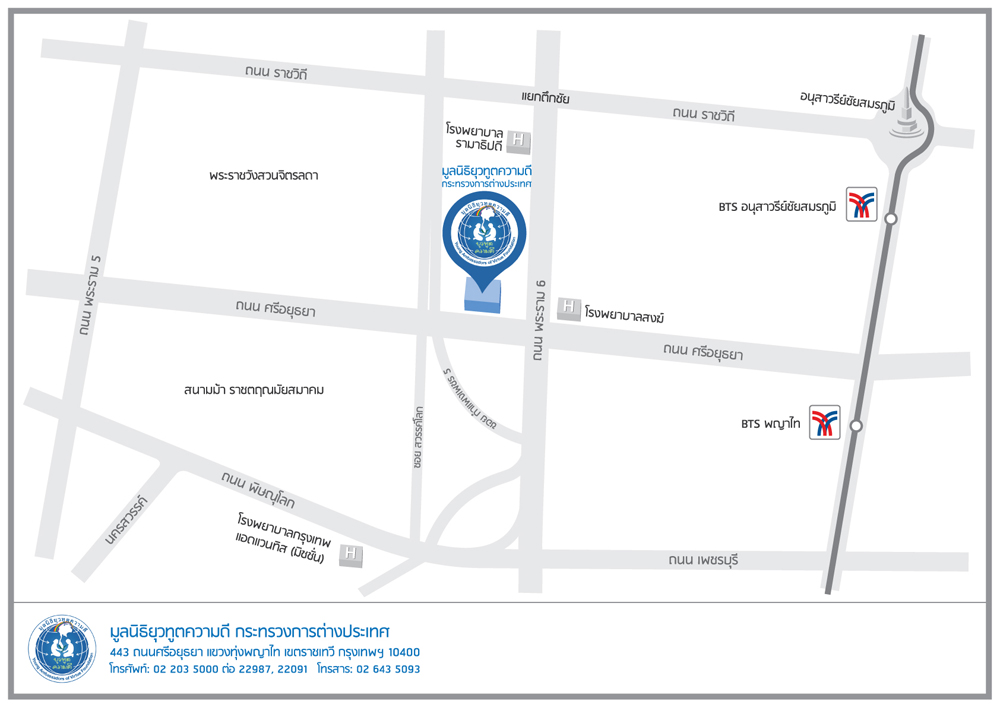12 Young Ambassadors of Virtue from 12 schools in 12 provinces (Chiang Rai, Lam Phoon, Petchaboon, Loey, Chaiyaphum, Sakol Nakhon, Nakhon Panom, Srisaket, Pathumthani, Petchburi and Yala), together with 48 students from the CLMV countries, participated in a learning activity that taught them about energy and natural resource conservation, as well as the Sufficiency Economy Philosophy. The activity was carried out under the “Exchange of Friendship among T- CLMV Youths Project ” project of the Young Ambassadors of Virtue Foundation. The activity aims to expose the participating students to the application of the Sufficiency Economy Philosophy in agriculture and enable them to realize the necessity and the reasons behind energy and environmental conservation.
During 30 April – 2 May 2016, at the Sirindhorn International Environmental Park, the students had an opportunity to learn about natural resource conservation, and the significance of environment-friendly energy and renewable energy as a sustainable approach to energy usage. Any development must have a clearly defined path and objective in order to withstand and overcome any challenges that may arise. The activity consisted of theoretical lessons and hands-on practice sessions. Additionally, the students had an opportunity to study about mangrove forest by exploring the actual mangrove forest and took part in a forest restoration activity. The students were also taught about how to make use of available natural resources, such as how to dye fabric using natural colors.
During 5 – 8 May 2016, at the Phu Phan Royal Development Study Centre, the students had an opportunity to learn and gain a better understanding of the Sufficiency Economy Philosophy and its application by participating in a number of field activities such as rice farming, livestock farming, fish farming, grains processing, how to use a compass, how to navigate direction in the forest and the importance of forest as a river source. The students also visited a Sufficiency Economy village, and were briefed about the experiences of the local farmers in applying the Sufficiency Economy Philosophy in their farming activities.
The students displayed firm determination and eagerness to broaden their knowledge as well as to share experiences and knowledge from this visit with their friends, schools, communities and their countries.

